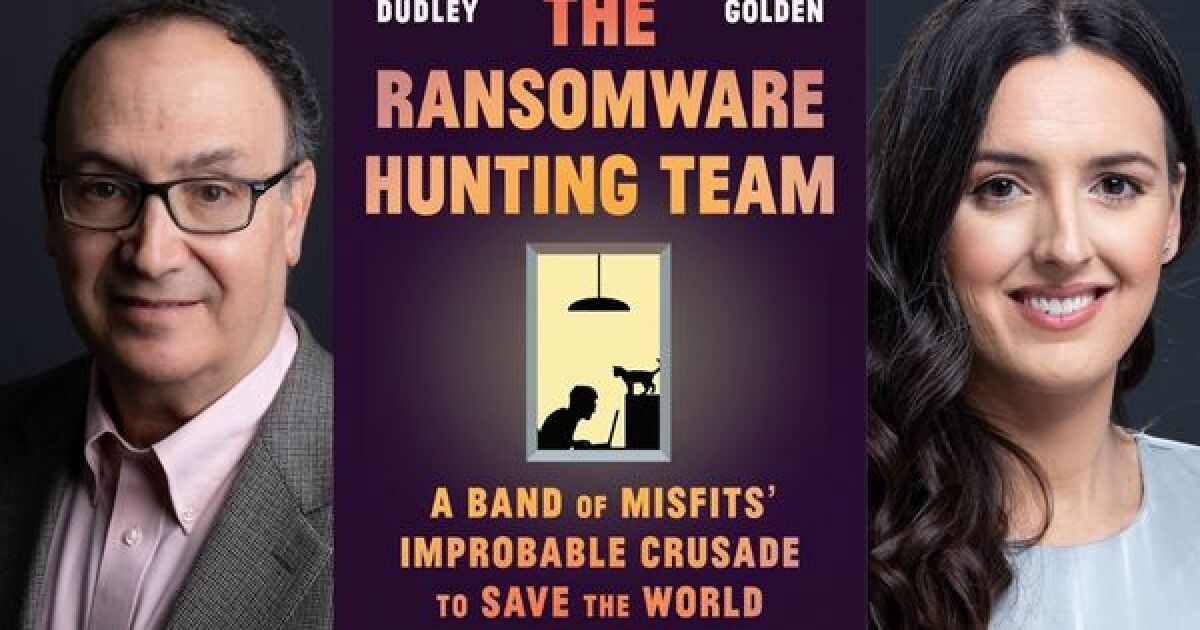ProPublica reporters write about the misfit ransomware code crackers in “The Ransomeware Hunting Team”
MONDAY on “The Source” —Earlier this month, Rackspace was hit by a ransomware group that took customers’ data. Potentially, this group has held onto this data in exchange for ransom, but the company has not said either way due to the investigation run by the FBI.
This unfortunately is not a new story, and as of 2022, almost half of all data breaches began with stolen credentials. Ransomware attacks target businesses, hospitals and nonprofits and hold the data from their customers or employees for ransom. Damages from ransomware as a whole are likely to exceed $30 billion dollars by 2023. Many believe the FBI may not have enough manpower to combat these ransomware attacks, and that is where an informal, largely self-taught coalition of code crackers comes in.
Renee Dudley and Daniel Golden write in their book about this group of people. “The Ransomware Hunting Team: A Band of Misfits’ Improbable Crusade to Save the World from Cybercrime” tells the story of these code crackers who work tirelessly to defend cyber storage.
Who are these code crackers? What is ransomware? What can individuals do to protect themselves from a ransomware attack? Why are civilians the primary defenders of ransomware instead of federal agencies?
Guests:
“The Source” is a live call-in program airing Mondays through Thursdays from 12-1 p.m. Leave a message before the program at (210) 615-8982. During the live show, call833-877-8255, email [email protected] or tweet@TPRSource.
*This interview will be recorded on Monday, December 19.

